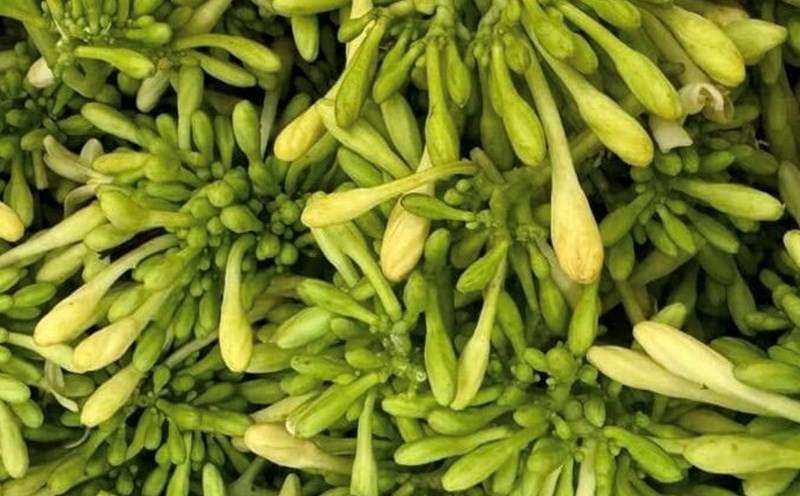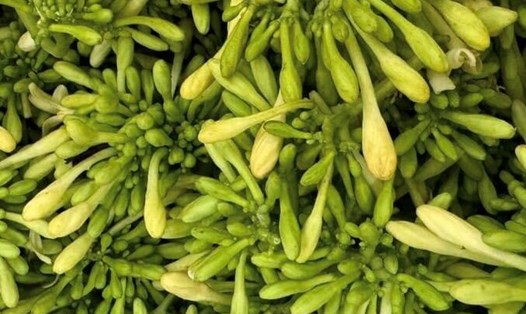1. Spinach
Spinach is a leafy green vegetable that is rich in protein and provides many essential amino acids for the body. In addition, spinach also contains significant amounts of vitamins and minerals such as vitamins A, C, K, iron, potassium, calcium, manganese and magnesium. Antioxidants in spinach help protect the body from free radicals and optimize the absorption of iron.
2. Watercress
Watercress is a cruciferous vegetable that is rich in vitamins A, B, C and minerals such as calcium, manganese and potassium. It has weight loss properties due to its ability to reduce calorie intake and is also rich in nutrients that help maintain overall health.
3. Alfalfa sprouts
Alfalfa sprouts are low in calories but rich in vitamins B, C, K and minerals such as iron, magnesium, phosphorus, zinc and copper. Alfalfa sprouts are also known to reduce bad cholesterol, reduce menopausal symptoms and help prevent osteoporosis, helping you maintain weight and bone health.
4. Cabbage
Cabbage is one of the vegetables rich in protein and nutrients such as calcium, potassium, manganese, iron and vitamins A, C, K. In particular, cabbage contains many antioxidants, helping to protect the body from cell damage and effectively supporting the weight loss process.
5. Asparagus
Asparagus is a vegetable rich in protein and nutrients such as vitamins A, B, K, manganese, copper, phosphorus and magnesium. In particular, asparagus contains fructooligosaccharides (FOS), a type of prebiotic that helps increase beneficial bacteria in the intestines, supporting digestion and weight loss.
These vegetables all provide plant-based protein, are low in calories, and have many health benefits, especially for healthy weight loss. You can incorporate them into your daily diet to boost your nutrition and improve your overall health.











